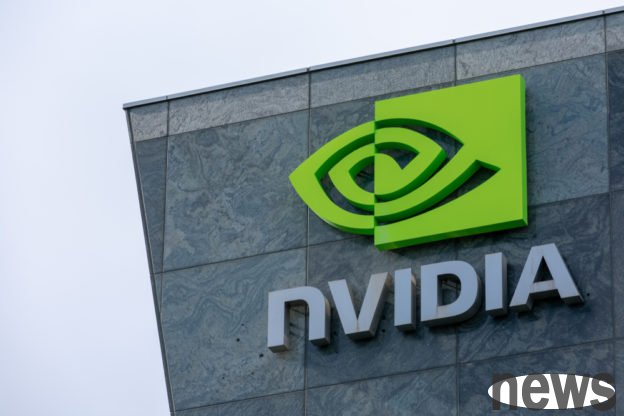Michael Burry, the protagonist of the movie "Big Short" and a well-known hedge fund manager who shorted real estate-backed securities before the 2008 global financial tsunami, just mentioned the bubble a few days ago. The latest announceme...

Michael Burry, the protagonist of the movie "Big Short" and a well-known hedge fund manager who shorted real estate-backed securities before the 2008 global financial tsunami, just mentioned the bubble a few days ago. The latest announcement immediately showed that he decided to buy the put rights of Palantir and NVIDIA (Nvidia Corp.).
Benzinga, Quiver Quantitative reports, Scion Asset Management controlled by Berry The 13-F announcement submitted to the U.S. Securities and Exchange Commission (SEC) on the 3rd showed that during the third quarter, 5 million Palantir puts were added, with a total value of US$912.1 million, accounting for 66% of the overall investment portfolio; 1 million NVIDIA puts were added, with a total value of US$186.58 million, accounting for 13.5% of the investment portfolio.
During the same period, Berry added 6 million Pfizer call options with a total value of US$152.88 million, accounting for 11.1% of the investment portfolio; it added 2.5 million Halliburton Company call options with a total value of US$61.5 million, accounting for 4.5% of the investment portfolio.
In addition, Berry also bought 50,000 shares of Lululemon Athletica Inc., 125,000 shares of health care company Molina Healthcare, Inc., 480,000 shares of U.S. student education loan institution SLM Corp., and bought preferred shares of scientific instrument manufacturer Bruker Corp.
During Q3, Berry sold out calls on UnitedHealth Group (UNH), Regeneron Pharmaceuticals, Inc., Meta Platforms, Inc., ASML (ASML), and Alibaba (Alibaba) ADRs, as well as shares of UnitedHealth and Regeneron.
Berry just said last Thursday (October 30) through the social platform
He shared several charts on November 3. One of the charts shows that the average annual growth rates of Amazon.com's cloud computing division during 2018-2022 and 2023-2025 are 36% and 17% respectively, Alphabet Inc.'s 45% and 29%, respectively, and Microsoft Corp.'s 22% and 20% respectively.
pic.twitter.com/5jIsUAhMTH
— Michael Burry Archive (@BurryArchive) November 3, 2025
Berry also pointed out that ASR Ltd., WorldScope, and LSEG Datastream data show that the five-year compound annual growth rate (CAGR) of capital expenditures in the U.S. technology industry has reached 18.1%, which is equivalent to the dot-com bubble period of 1999 to 2000. He also shared a picture showing the AI investment cycle formed by NVIDIA Corp., OpenAI, AMD, Intel Corp., Oracle, xAI, major technology giants, as well as CoreWeave, Nebius and other industries.